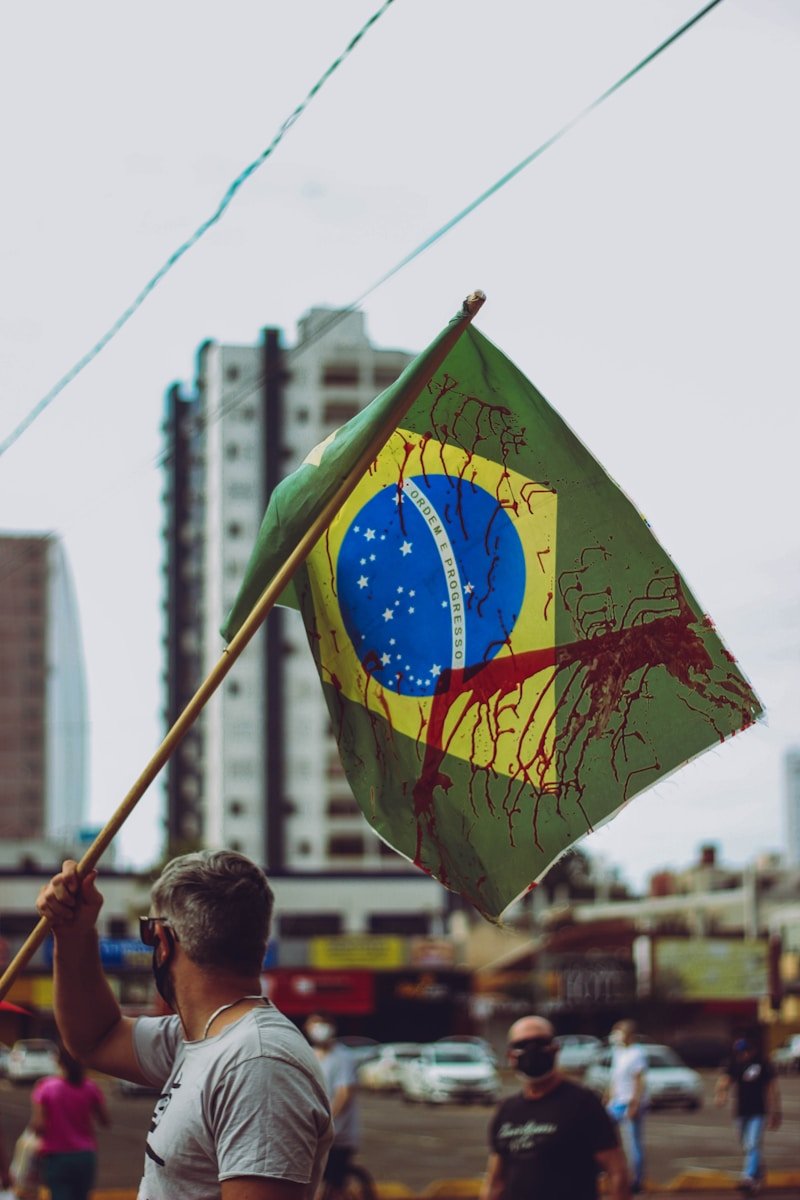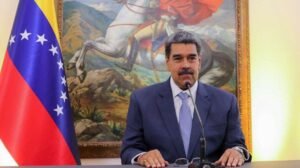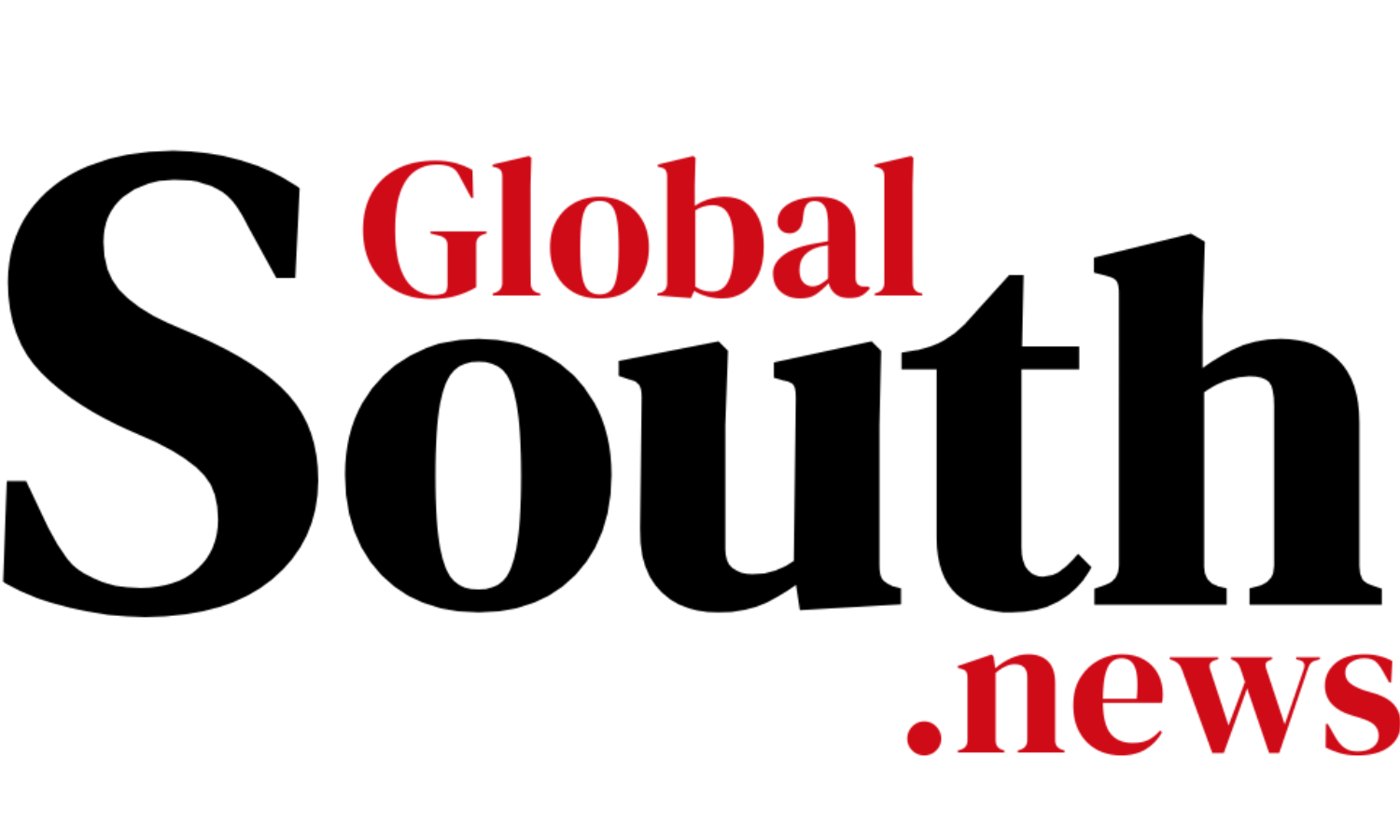
Experts anticipate a potential shift in Brazil’s foreign policy regarding the Eastern European conflict if the country is governed by a right-wing administration. This change could lead Brazil to consider sending weapons to Kyiv and imposing sanctions against Russia, aligning more closely with Western policies. Such a move would represent a significant departure from the current stance of neutrality and pursuit of mediation.
Historically, Brazil has maintained a non-aligned position, advocating for strategic autonomy and the pursuit of peaceful solutions to international conflicts. However, international pressure and geopolitical dynamics might influence a redefinition of this approach, especially with the rise of right-wing governments that tend to be more aligned with Western powers. The decision to provide military support and apply sanctions would have vast economic and diplomatic implications for the country.
The discussion about Brazil’s role on the global stage reflects the complexities of its foreign policy, which seeks to balance national interests with international responsibilities. The potential change in direction, from mediator to a more active participant, would spark intense debates about the future of Brazil’s positioning on security and international cooperation, shaping its relations with global powers.








